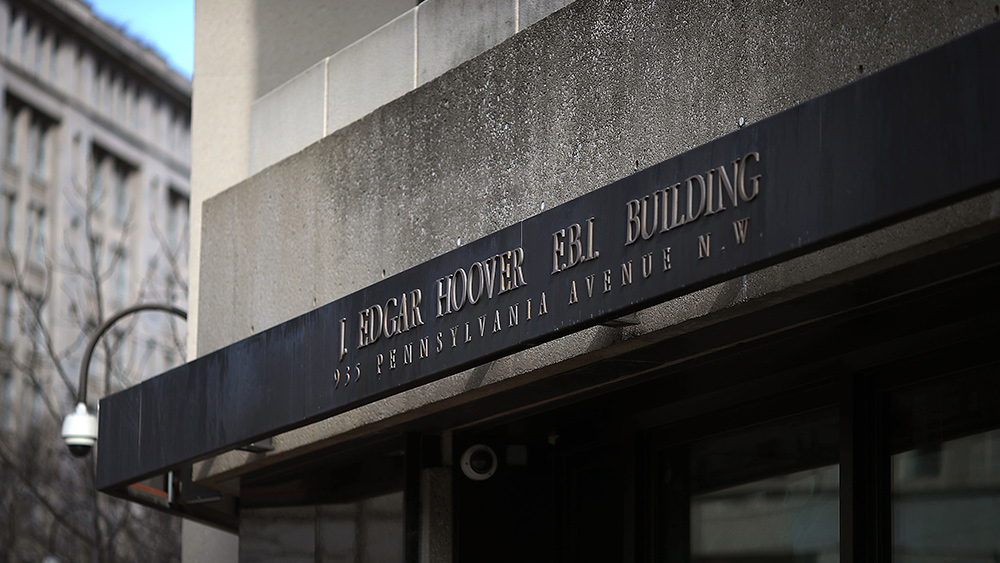
Illinois is set to become the first state in the nation to mandate the installation of electric vehicle (EV) charging stations in the garages of newly constructed or renovated homes.
This is after the passage of Senate Bill 40, known as the "Electric Vehicle Charging Act," which was introduced by Democratic State Sen. Sara Feigenholtz supposedly to strengthen the state's commitment to having at least one million EVs on the road by 2030. (Related: Illinois bills seek to require EV charging stations in new and renovated homes.)
The bill requires new single-family or small multi-family residences to have at least one EV-capable parking space for each residential unit that has reserved parking unless any subsequently adopted building code requires additional EV parking spaces or installed EV-capable supply equipment.
Additionally, the new law requires all large multi-family residences to have EV-capable parking spaces within 90 days of the law going into effect. Similar requirements were passed for other types of residential buildings and will apply around two years to the effective date. The law also allows renters to install EV charging equipment in their parking spaces at their own expense.
The bill passed the Senate by a vote of 39 to 16 in late March and then passed the House of Representatives by a vote of 69 to 38 in early May, with state legislators voting along party lines. Democratic Gov. JB Pritzker signed the law on June 9 and it will go into effect on Jan. 1, 2024.
EV home charging stations would burden families with EV-related expenses
House Majority Leader Rep. Robyn Gabel claimed that most EV owners already do a lot of their charging needs at home. "We know that approximately 80 percent of people charge their EVs at home. This bill will ensure that Illinois residents can do just that," she said.
But critics of the bill noted that the law would raise the cost of living for Illinois residents.
Republican State Rep. Travis Weaver questioned the need for additional EV infrastructure, especially in downstate Illinois, where the number of EV drivers remains low.
"If less than one percent of cars on the roads are EVs and less than 0.1 percent of cars in my district are EVs, I just don't see why we are having people in downstate Illinois pay for this infrastructure," he argued.
Weaver added to this by pointing out that the lawmakers leading the charge to push the bill in both chambers of the state legislature represented parts of Chicago's North Side, where many are actively trading in their internal combustion engine cars for electric ones.
Republican State Rep. Dan Swanson also argued directly against Gabel's claim that installing charging stations in new homes would cost less than $1,000, stating that even if this were true it is still an unnecessary additional expense.
Landlords in the state are also concerned about a provision that forces them to pay for the construction of charging systems in their homes and properties, and also forces them to pay for the dismantling of the charging stations if they move out, unless they come to an agreement to sell it to the new property owner.
Visit PowerGrid.news for more news related to electricity supply and grid capability.
Watch this Fox Business clip discussing the actual pros and cons with primarily using electric vehicles.
This video is from the NewsClips channel on Brighteon.com.
More related stories:
Electric cars lose value TWICE as fast as gas vehicles, study finds.
EV owners complain about "logistical nightmare" caused by lack of charging stations.
EV charging now nearly as expensive as filling up a car with gasoline.
Electric vehicle entrepreneur struggles to find charging station for his car during road trip.
Sources include:
Please contact us for more information.

















